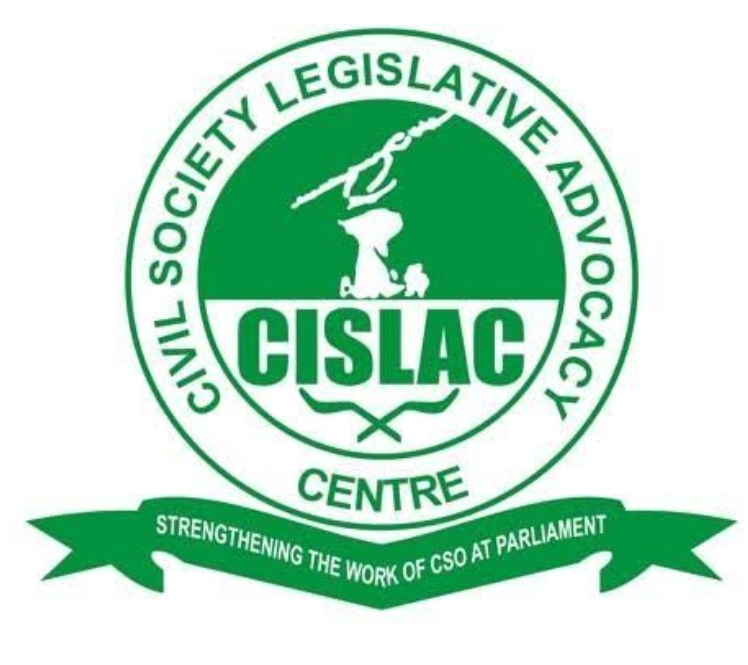CISLAC Reflects on Buhari’s Legacy, Highlights Discipline and Lessons for Future Leaders
The Civil Society Legislative Advocacy Centre (CISLAC) has extended its condolences on the passing of former Nigerian President Muhammadu Buhari, describing his legacy as one marked by early discipline, public engagement, and valuable lessons for future leadership in the country.
In a statement issued on Sunday, Comrade Auwal Musa Rafsanjani, Executive Director of CISLAC and Head of Transparency International Nigeria, expressed deep sympathy over the former president’s death and offered prayers for his eternal rest.
Rafsanjani highlighted Buhari’s early leadership as a military head of state, during which he launched the War Against Indiscipline (WAI) initiative. The WAI fostered a sense of civic responsibility, discipline, and patriotism among citizens, with notable improvements in public behavior.
However, Rafsanjani also noted that Buhari’s military administration attracted criticism over human rights concerns. Despite this, Buhari was elected as a civilian president in 2015, raising hopes that his presidency would address pressing issues such as insecurity, corruption, and unemployment.
While acknowledging Buhari’s sincere intentions and international credibility, Rafsanjani pointed to internal political challenges that may have constrained his administration’s effectiveness. He emphasized the importance of effective execution, transparency, and accountability in leadership.
Rafsanjani remarked on Buhari’s wide popularity and how his leadership helped shape national discourse around anti-corruption, security, and civic discipline.
He noted that civil society organizations, including CISLAC, engaged actively with his administration on governance, institutional reform, and accountability.
Rafsanjani concluded by encouraging current and future Nigerian leaders to place national interest above all else and to strive for legacies that command respect both within and outside the country.
“May Allah grant him eternal rest. Ameen,” the statement concluded


